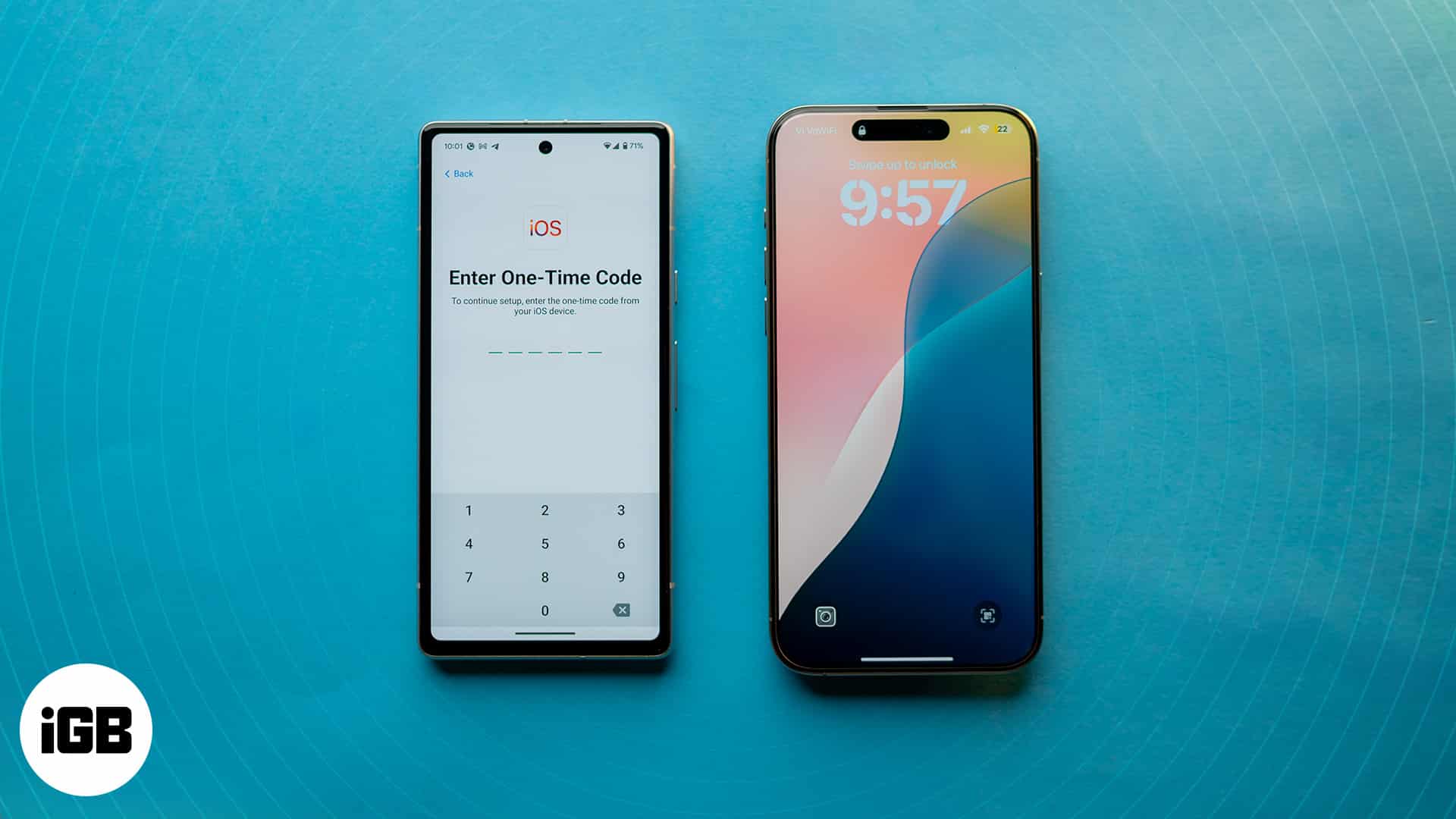The iPhone comes with a few motion sensors: the gyro, the accelerometer, the magnetometer, etc. The sensors help the iPhone calculate the alignment/motion based on how you handle it.
These sensors help calibrate the compass, shift between portrait and landscape orientations, calculate your steps and get you a correct bearing on the Maps app.
Normally, you don’t need to calibrate anything on your iPhone except the compass. The systems onboard are designed to work right off the box. But just in case you feel that the run-keeping app you’ve been using is acting up, of late, and you feel like recalibrating the iPhone, the solution is just a few taps away.
How to Recalibrate Motion Sensors on iPhone (Compass, Gyro, etc.)
Recalibrate the compass and you recalibrate all the motion sensors. Magic? No, just code.
So now the question is how do you recalibrate the iPhone compass? You know you saw the compass calibration the first time you used it. But does it let you recalibrate?
The good thing is that if you quit the compass app (from the task switcher), you get to recalibrate the compass again. In turn, you recalibrate the motion sensors.
Here’s what you do:
Step #1. Quit all apps from the background. Especially the Compass.
Step #2. Open the Compass app. The iPhone will ask you to recalibrate by having the red dot complete a circle.
Step #3. Once the calibration is done, you’ll see the compass. That means the recalibration is over.
You can test the recalibration by heading over to the app that seemed quirky with motion-data. You won’t notice much of a difference unless the quirkiness was huge.
Now, given the fact that sensors are not completely mechanical, Apple says that they are not precise and should not be used as a tool for mission-critical data.
So there are bound to be errors (negligible or otherwise) in compass, in motion-sensing for run keeping apps and in other areas where the sensors are made use of.
Wish to catch up with more such articles?









Leave a Reply